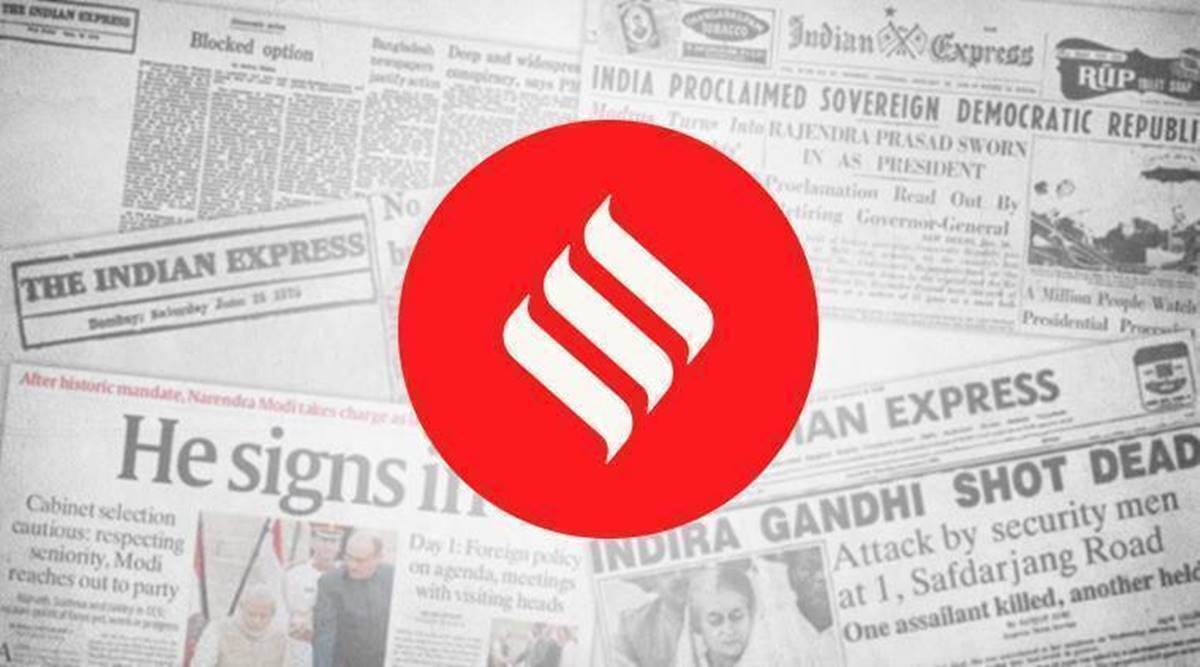 The BJP’s extraordinary gains in that election was the outcome of many senior Congress leaders crossing over to the saffron party that had power at the Centre and funds at disposal.
The BJP’s extraordinary gains in that election was the outcome of many senior Congress leaders crossing over to the saffron party that had power at the Centre and funds at disposal. In five years, the roles have reversed for the Congress and the BJP in Manipur, where the first phase of elections is due on February 27. In 2017, the Congress was in pole position in state politics, having held office for three consecutive terms, and the BJP, the emerging challenger, was looking for allies. The Congress fell short of a majority by three seats, but it was the BJP, which had seven MLAs less than the Congress, that got to form the government, with some help from the Governor. A depleted Congress has now formed a pre-poll coalition with four Left parties and the Janata Dal (Secular) while the BJP, on Sunday, announced candidates for all 60 seats. The BJP’s erstwhile allies, the National People’s Party (NPP) and Naga People’s Front (NPF), seem to be on their own.
The Congress’s willingness to form a coalition and the BJP’s decision to contest all seats have been triggered by a churn that began even before the 2017 elections. The BJP’s extraordinary gains in that election was the outcome of many senior Congress leaders crossing over to the saffron party that had power at the Centre and funds at disposal. Biren Singh, who eventually became chief minister, was a member of the Ibobi Singh-led Congress government until a few months before elections. Over five years, many Congress, NPP and NPF MLAs and leaders joined the BJP, which while strengthening the party has also triggered factionalism within. In short, the BJP faces a problem of plenty but believes it now has enough leaders to fight battles in the Imphal Valley as well as Naga and Kuki-dominated hill seats. Also, with the leverage of office at the Centre, the BJP is well placed to negotiate post-poll deals if it falls short of a majority. The Congress, on the other hand, hopes to consolidate the anti-BJP by allying with the Left parties, which have a committed but shrinking vote base. But as in most northeastern states, elections in Manipur are influenced by kinship, proximity to power centres, etc. more than party or ideological affiliation.
To the BJP’s credit, or call it luck, its term in office has seen fewer incidents of insurgency-related violence, road blockades and so on, as compared to the Congress years, which allowed the government to focus on state-building. Yet, Manipur recorded the highest number of arrests under UAPA in 2020, behind UP and J&K, with the government wielding the sedition law against journalists at will. The killing of an Army colonel and six others last year has disrupted the narrative and revealed the precarious state of peace. Holding up that peace is a challenge for the political process.
- The Indian Express website has been rated GREEN for its credibility and trustworthiness by Newsguard, a global service that rates news sources for their journalistic standards.

